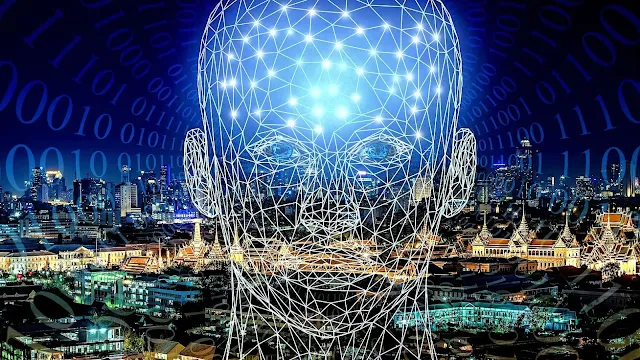Redefining Travel and Tourism: The Game-Changing Impact of AI Tools on Customer Experiences, Efficiency, and Business Success
In the travel and tourism industry, embracing new technologies has always been crucial for enhancing customer experiences and streamlining operations. Artificial intelligence (AI) is the latest advancement revolutionizing the way we travel, from planning and booking to exploring new destinations. With the rapid development of AI tools, the travel and tourism industry is poised to redefine itself by offering personalized and seamless experiences to travellers while boosting efficiency and productivity for businesses.
One of the most significant impacts of AI in travel and tourism is the rise of chatbots and virtual assistants. These AI-powered tools provide instant support and assistance to travellers, answering queries, making recommendations, and handling bookings. By leveraging natural language processing and machine learning algorithms, chatbots can understand and respond to customer inquiries in real time, reducing wait times and improving customer satisfaction. As virtual assistants continue to learn from customer interactions, they become more accurate and efficient in providing relevant information and support.
AI is also reshaping travel experiences through personalization. With vast amounts of data on traveller preferences, AI algorithms analyze and predict individual needs and interests, enabling businesses to tailor their offerings accordingly. This level of personalization enhances customer experiences and helps businesses target marketing efforts effectively. AI-powered recommendation engines suggest activities, attractions, and dining options based on a traveller’s preferences, ensuring a more enjoyable and memorable trip.
Beyond enhancing customer experiences, AI is revolutionizing the operational side of the travel and tourism industry. For instance, AI is used in revenue management and dynamic pricing. By analyzing historical data, market trends, and customer behaviour, AI algorithms help businesses optimize pricing strategies to maximize revenue and occupancy rates. This level of sophistication enables businesses to quickly adapt to changing market conditions, remaining competitive in a crowded marketplace.
Moreover, AI streamlines the booking process for both travellers and businesses. AI-powered tools analyze vast amounts of data, including flight schedules, hotel availability, and customer preferences, to provide travellers with suitable options. This saves time and effort for travelers while helping businesses manage inventory more effectively. AI can also detect and prevent fraudulent bookings, ensuring the security and integrity of the booking process.
Another exciting development in the application of AI in the travel and tourism industry is the use of virtual reality (VR) and augmented reality (AR) technologies. These immersive experiences allow travellers to explore destinations and attractions before physically being there, providing a unique and engaging way to plan and book trips. By combining AI with VR and AR, businesses offer personalized virtual tours and experiences, enhancing the customer journey and driving increased bookings.
In conclusion, the latest AI tools redefine the travel and tourism industry, offering unparalleled personalization, efficiency, and convenience for both travellers and businesses. As AI continues to evolve, more innovative applications and solutions will emerge, further transforming the way we travel and experience the world. Embracing these technologies is essential for travel and tourism businesses to stay competitive and meet the ever-changing needs and expectations of modern travellers.
